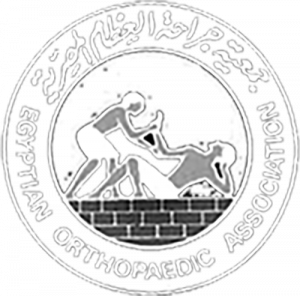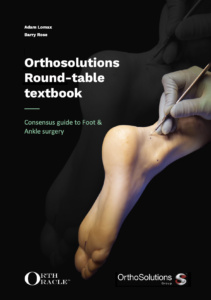November 30, 2018
Orthopaedic operative education – times are changing
Both the time and quality of experience available to train surgeons across most healthcare systems is reducing. The reasons are various, including working-time directives, society’s healthcare expectations, and cost constraints around the delivery of healthcare versus delivery of training. Coupled with this, there are also increasing requirements for those in independent surgical practice to demonstrate continuing, career-long education. With these sea changes in the professional landscape, the materials to educate and revalidate surgeons have demonstrably not kept pace. There are a variety of reasons that traditional medical publishers have not innovated or used the online medium anywhere near to its potential to solve this problem. The commercial stranglehold that the established medical publishers have upon research and professional education is exposed in an excellent article that I suggest be required reading for any clinician: ‘Is the staggeringly profitable business of scientific publishing bad for science?’, written by Stephen Buryani and published in the Guardian in June 2017.
In short, a number of us realised that, if no one were going to produce innovative, fit-for-purpose surgical educational resources to support our career-long learning and the requirements of our trainees, then we should do it ourselves. That’s how the idea of OrthOracle got started.
It’s worth reflecting that an operation is essentially a manual task, arrived at after discussion, examination and investigation, that comprises a series of carefully and appropriately executed steps. There are a number of new and exciting technologies evolving in surgical education and, in particular, in the simulation space. What exists there at the moment, though, is only to varying degrees useful. It is really in the intermediate to longer terms, when in particular the interface that surgeons can use between themselves and the digital environment is significantly better, that simulation will very much come into its own. When that happens, it’s a place we will also be leading. The healthcare need, however, for enhanced and detailed digital educational material is both immediate and deliverable now – which is what we are doing at OrthOracle.
Clearly defining and documenting the steps of an operation, with insights and perspective from experienced clinicians, need to be the foundations on which learning an operative technique is built, and that is the basis of OrthOracle. Our mission statement is “optimising surgeons’ education to optimise patients’ outcomes,” and that is something the whole team is committed to.
How surgeons become competent and maintain competence is a linked, but much-more-involved, piece. It still starts with learning and sequencing the steps, coupled with observation and reflection, then exposure to the task. A mastery of the manual skills and practicing the decision-making under realistic conditions and, of course, supervised repetition, are all equally important once the basics have been mastered. To quote Benjamin Franklin: “Tell me and I forget, teach me and I remember, involve me and I learn.”
One distinguishing feature of modern orthopaedic surgical practice is that many cases depend upon appropriate implants. This was an area that we all felt was wholly lacking in the available published academic material.
Implant companies themselves provide information, which covers the key features and steps, and must always to be the information that surgeons rely primarily upon. Invariably, though, this lacks the breadth of information – visual and written – that in actuality is needed, which is one of the things that we provide.
As a company, OrthOracle is clinician-owned and -driven, and will continue to innovate in the digital space, producing a variety of solutions to support and promote safe orthopaedic surgical practice worldwide. Join us on www.OrthOracle.com if you want to see what is possible.


